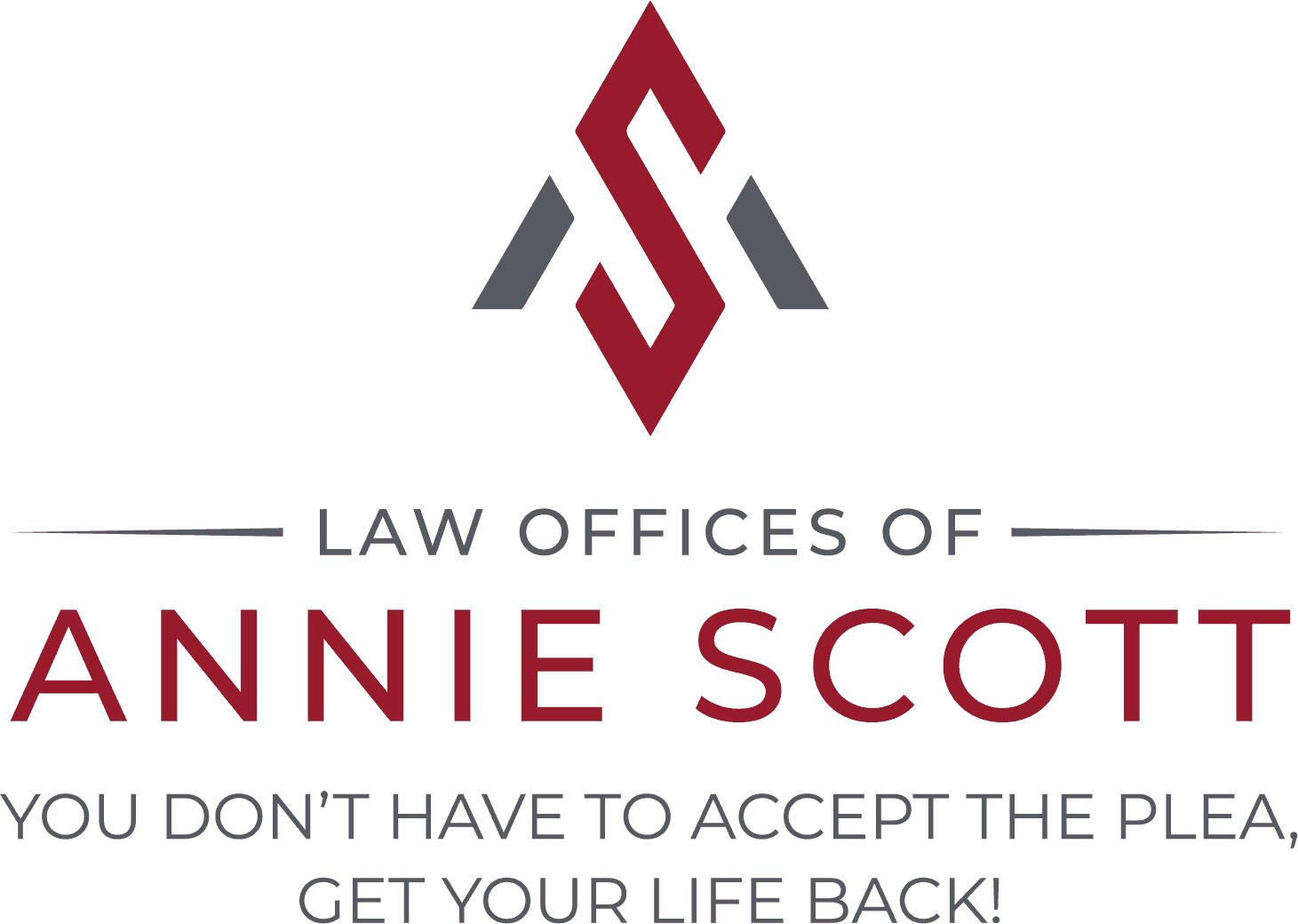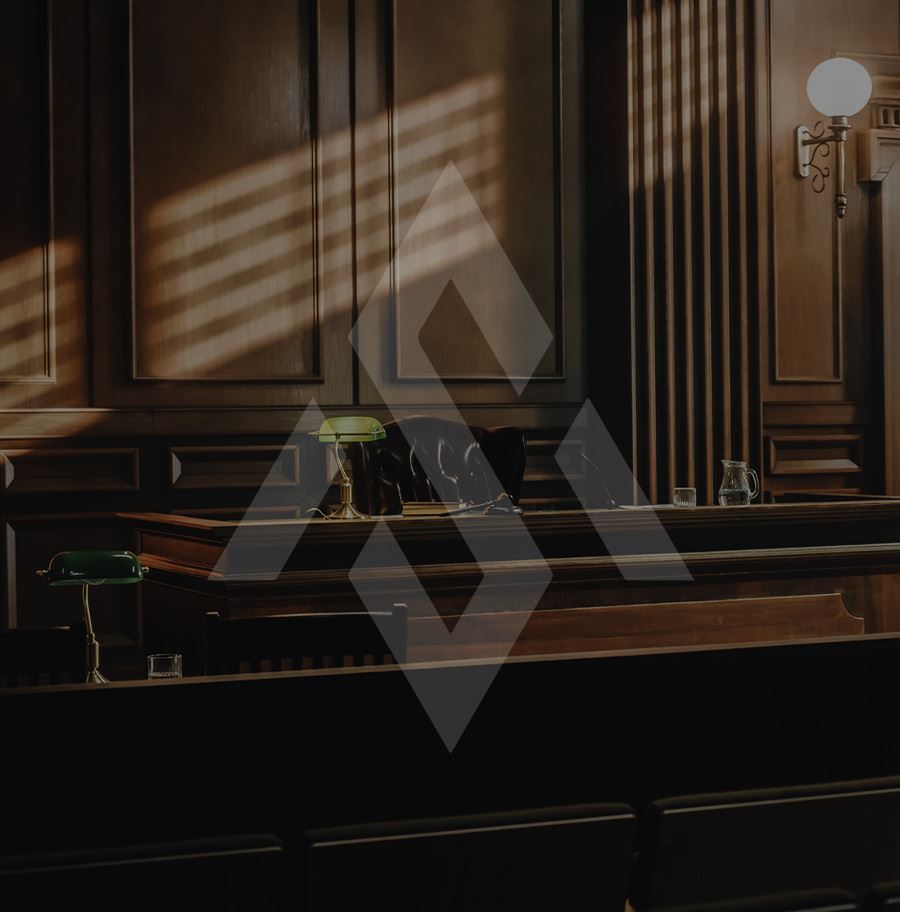
Expungement
Expunction Attorney in Sugar Land, Texas and the Surrounding Areas
Having a criminal record can bring consequences in the future, whether that record is for having been arrested or convicted. For instance, if you’re going to apply for a job, an employer would usually ask you if you have been arrested for or convicted of a criminal offense. They might be apprehensive about hiring you, in the same way that a landlord might not rent to you, if you have a criminal record. If you’re dealing with these issues, our Sugar Land expunction attorney can help.
You may be able to get a conviction or an arrest expunged from your record in Texas. However, not every crime is eligible for expunction because there is a certain criteria one has to meet before becoming eligible for expunction of criminal records. If you have any questions about criminal law or are planning to apply for an expunction, our Sugar Land criminal defense attorney will fight for you.
Why Do I Need an Expunction Attorney in Texas?
Having a criminal record can affect your chances of getting hired or obtaining a residence. Texas law states that there are plenty of opportunities for a brand new start for those who have been charged with petty crimes. Expunction is the process of erasing your criminal records while non-disclosure pertains to sealing it off, meaning you’ll never have to disclose it at a job interview, housing applications, and other similar assessments.
If you have been convicted of a crime and would like to expunge it so you can get better opportunities, get in touch with a Sugar Land, TX attorney. An expunction attorney can review your case and help with the expunction process, along with providing legal aid and counsel. An attorney can also help with petitions in order to take the expunction case forward.
Having an expunction attorney by your side in this situation is vital. A skilled attorney can hear out your side and let the court get your side of the story to obtain the best outcome possible. Strong defenses and aggressive representation are what the attorney offers to the clients, promising to fight for you in light of your conviction. Contact an expunction attorney from Sugar Land, TX right now.
What is an Expunction?
In Texas, the process of expunging arrest and conviction records is also known as “expunction.” Some criminal records may also be sealed by a court order, known as an “order of nondisclosure.” Once your criminal record is sealed or expunged, it will not be visible to the general public, which includes potential employers or landlords. This means that you may claim that you’ve never been arrested or convicted of a crime.
For example, if you’ve been convicted of petty theft before and later had your conviction expunged, then when you apply for a job and one of the questions was about having been convicted of a criminal offense, you may simply answer, “No.”

Recent Wins
View Our CASE RESULTS
-
Controlled Substance Possession Dismissed 2021
-
Violence 3 year Deferred Adjudication/Overall Dismissed 2
-
Drug Possession Dismissed 2021
-
Assault Dismissed 2021
-
Other Misdemeanor Dismissed 2021

-
“Good!” - Nicolas Vasquez
-
“
For those who are trying to find a good attorney, Annie Scott is the best! I loved how comfortable she made me feel the whole time.
” - Ileane M. -
“I couldn't have been happier with the answers she gave as well as her genuine concern for my well being” - Jason Contreras
What Crimes Aren’t Eligible for Expungement?
Most states have a limit for what crimes can be expunged. Depending on the jurisdiction, some can allow expunctionfor arrests and misdemeanors but not allow it for felonies while others have a list of offenses that are absolutely ineligible. Violent offenses such as murder and other criminal offenses such as DUI, fraud, and bribery cannot be expunged.
If you’re wondering what makes a person eligible, the individual must first finish serving their sentence and pay fines and restitution for the offense.
Eligibility for Expunction in Texas
An expunctioncan offer a fresh start for people who have had a brush with the criminal justice system. To qualify for expunction, you must complete the terms of your sentence, including parole, any period of probation, or supervised release. You must also usually wait for a certain period after the completion of your sentence and avoid committing any crimes before you can file for expungement.
Qualifications vary from state to state. In Sugar Land, TX, individuals who meet these criteria can have their records sealed:
- The offense ended in deferred adjudication
- Time has passed since the end of the deferred adjudication
- Certain crimes such as marijuana possession, petty theft
- No criminal history to disqualify you
- No new convictions
At The Law Office of Annie Scott, our expunctionattorney can help you figure out if you qualify for an expunction in Texas. Call us at (281) 466-4118 to get in touch with our Sugar Land criminal defense attorney today.
Filing for Expunction
If you’ve been arrested for felony or misdemeanor, your criminal record may qualify for expunctionunder certain conditions. Your criminal record may be eligible for expunction if:
- You were acquitted of the crime before being charged
- You were acquitted but later on, pardoned.
- You were convicted but later on found to be innocent and not guilty
- You were charged by information or indictment and the case was later dismissed, and the statute of limitations has already passed.
- You were arrested but not formally charged, and you followed the waiting period.
Waiting Period
In Texas, there is a specific waiting period before you can file for expunction if you were arrested, but not charged with a crime. The waiting periods are:
- Class A or Class B misdemeanor
1 year after your arrest - Class C misdemeanor
180 days after your arrest - Felony
3 years after your arrest
The waiting period for expunctions if you were pardoned, acquitted, or convicted but later on found to be innocent are not specified in the statutes.
According to the Texas Code of Criminal Procedure § 55.01 (2018), there is no waiting period for cases where the state’s attorney certifies that the files aren’t required for a subsequent criminal prosecution.
If you’re a close relative of a deceased individual who had a criminal record, you may request for the criminal record’s expunction on behalf of the deceased individual. (Texas Code of Criminal Procedure § 55.011 (2018).)
Does an ExpunctionAutomatically Erase my Record?
Expunctiondoes not offer complete and total eradication since only certain states destroy expunged records. Expunctionmeans to seal the records from public view, meaning that future landlords, employers, and the public won’t get to see it. Most states do not actually destroy the record, rather they just make it confidential to make it harder for the public to dig into. Certain occupations such as daycare and criminal justice agencies may require opening of an expunged record.
It is worth noting that an expunctiononly refers to government records and anything the media reports about your case will still be visible to the public.
Juvenile Offenses and Drug Crimes
For individuals arrested or convicted for juvenile offenses or drug crimes may have an easier access to an expunction.
- Juvenile Offenses
If you were arrested or convicted as a juvenile offender, it may be easier for you to have your criminal record sealed or expunged. This option is usually available if you’re already 18 years old and you’ve stayed out of legal trouble. - Drug Offenses
Those who are arrested for a drug offense are usually qualified for diversion programs. These programs allow for the expunction of a criminal record once the offender completes the program.
Dealing with a criminal case can be traumatizing, but you don’t have to go through it alone. A Sugar Land expunctionattorney can help you process your case, apply for expunction, and give you a committed representation for your criminal case.
Order of Nondisclosure
If you have pled guilty or no contest to an offense and you’ve successfully completed the deferred adjudication or community supervision, then you file a petition for an order of nondisclosure in court. For serious misdemeanors, there is a waiting period of 2 years and 5 years for felonies.
In Texas, sealing is available for most misdemeanor convictions. If you were convicted and punished only by paying a fine, then a waiting period is no longer needed. Otherwise, a waiting period of two years is necessary after you’ve completed all the terms of your sentence before applying to seal your record.
Our Sugar Land expunctionattorney can assist you throughout the process of obtaining nondisclosure orders in Texas. You must note, however, that an order of disclosure is not applicable to certain offenses such as:
- Aggravated Kidnapping
- Sex crimes, or any offense which classifies you as a sex offender
- Human trafficking
- Physical abuse or injury to a disabled person, child, or elderly
- Stalking
- Family violence offense
- Murder
When you file for an order of nondisclosure, your criminal record will be sealed. Disclosure of your criminal history to the public by certain criminal justice agencies will then be prevented.
Call Our Sugar Land Expunction Attorney Today!
If you’ve been convicted or charged with a crime, you’re already entering the world of the criminal justice system. Seeking the help of an experienced Sugar Land criminal defense attorney can help you understand the expunctionlaws in Texas and determine what kind relief is available for your case.
Expunctionis the process of sealing criminal records and arrests from the public view in order to give certain offenders a new lease in life, opening opportunities for them in employment, education, and housing. Given its nature, there are certain criteria that make an individual eligible for expungement. If you wish to have your criminal records sealed, consult a Sugar Land, TX criminal defense attorney.
The Law Offices of Annie Scott can provide you with legal advice and counsel regarding your expunctioncase, granting you a brand new start in life. Contact us today for an initial free consultation. Calls answered 24 hours a day/7 days a week by a live person.







